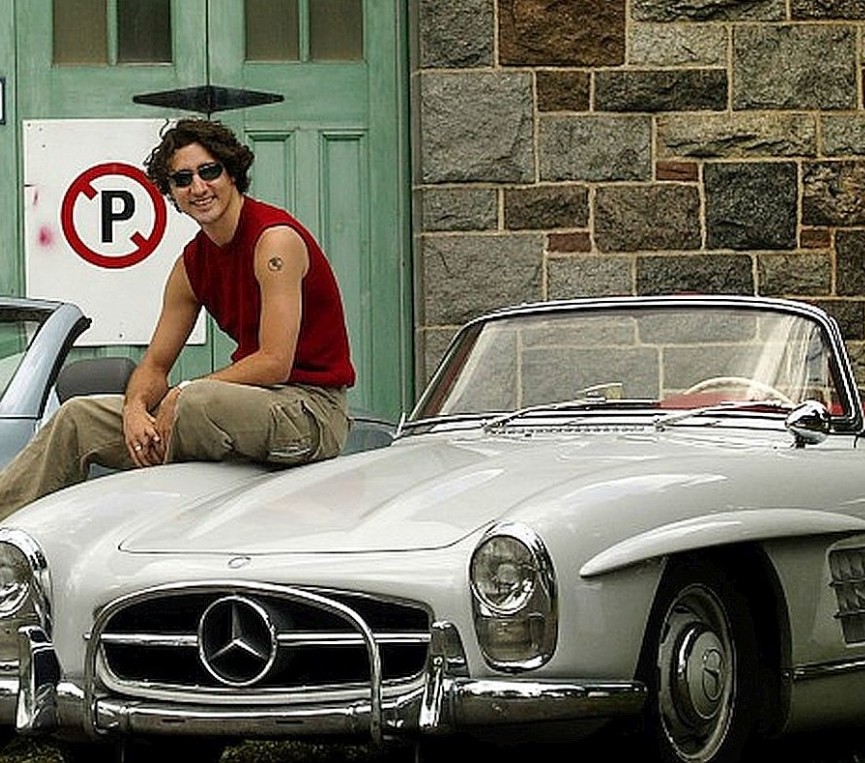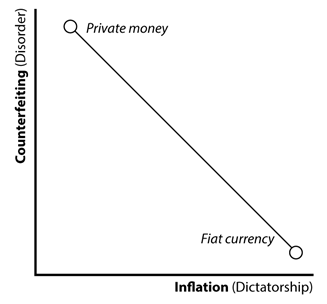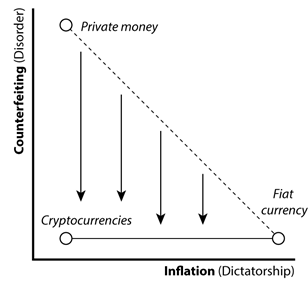A few key posts from the Twitters to illustrate the problem:
I'm sorry to say, nine months after this story, the National Post did not get action. https://t.co/yuYS7QSymO
— Jake Edmiston (@jakeedmiston) July 18, 2018
Like out west and in BC, people really have no idea what we mean by squeaky curds and why it is pointless to buy them there.
— wheatie (@wheatie4) July 18, 2018
As @perreaux just discovered, this is untrue (if only because, for starters, plenty of westerners have been to Quebec). You can obtain squeaky curds from individual dairy farms or lots of places in the Ottawa Valley; there’s just no supply infrastructure for urban poutine.
— Colby Cosh (@colbycosh) July 18, 2018
You're both right. I was surprised to hear how many people weren't aware cheese curds were supposed to squeak. So without a discerning cheese curd public – of the kind in Ottawa and Quebec – you're not gonna have the demand to support daily shipments from rural dairies.
— Jake Edmiston (@jakeedmiston) July 18, 2018
But also, [dairy supply management is a crock of shit dot macro]
— Colby Cosh (@colbycosh) July 18, 2018
The legacy dairymen all assure me that there is no market for niche or innovative dairy products, such as [checks notes] what is now the defining item of our national cuisine?
— Colby Cosh (@colbycosh) July 18, 2018






